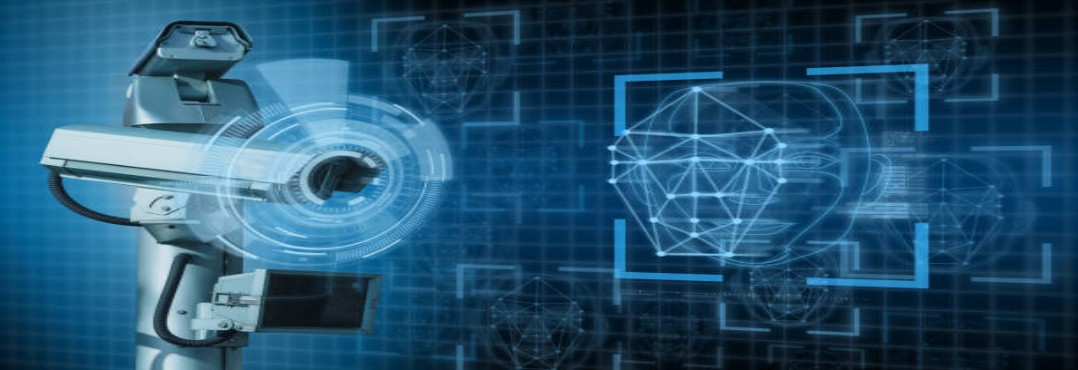
Storage devices are essential components of any computing system, whether it be a personal computer, server, or mobile device. Here are some of the advantages of storage devices:
-
Data retention: Storage devices allow you to save and retain data for future use. This is essential, particularly for businesses that need to store and access large amounts of data on a regular basis.
-
Data backup and recovery: With storage devices, you can create backups of your data in case of hardware failure or other disasters. This ensures that you can recover your data and minimize the impact of any data loss.
-
Increased speed and performance: Modern storage devices such as solid-state drives (SSDs) can significantly improve the speed and performance of your system. This is particularly important for applications that require fast data access, such as video editing or gaming.
-
Portability: Storage devices are portable, making it easy to transfer data between devices or locations. This is particularly useful for people who work on multiple devices or who need to transfer data between home and work computers.
-
Security: Storage devices can be encrypted to protect sensitive data from unauthorized access. This is particularly important for businesses that deal with sensitive information, such as financial or medical records.
-
Cost-effective: Storage devices are relatively inexpensive, and the cost per unit of storage has decreased significantly over the years. This means that you can store more data for less money than ever before.
In summary, storage devices provide a range of advantages, including data retention, backup and recovery, increased speed and performance, portability, security, and cost-effectiveness. These advantages make storage devices an essential component of any computing system.



